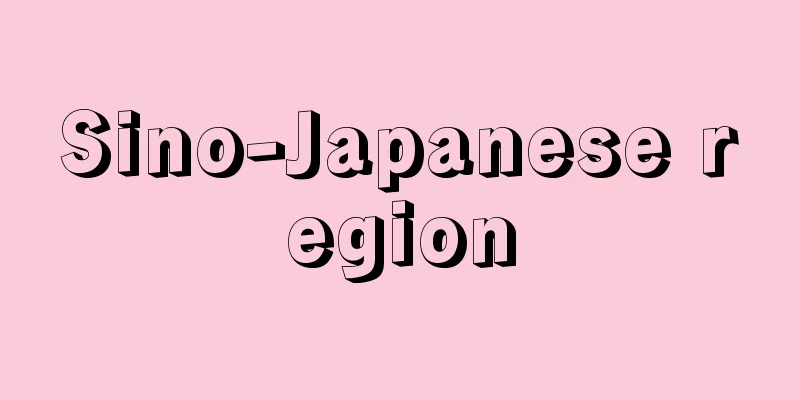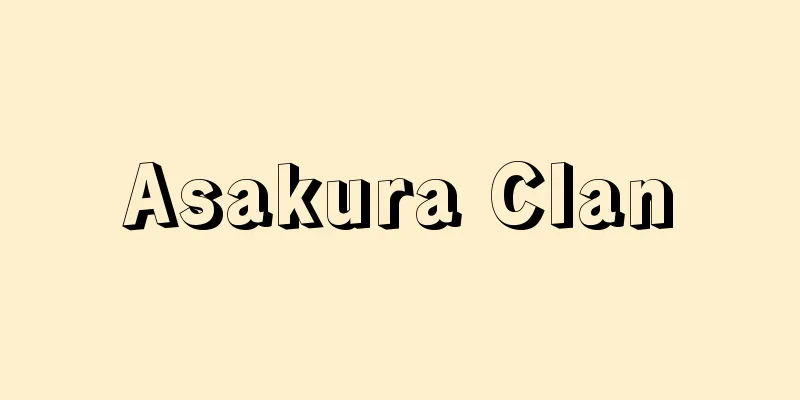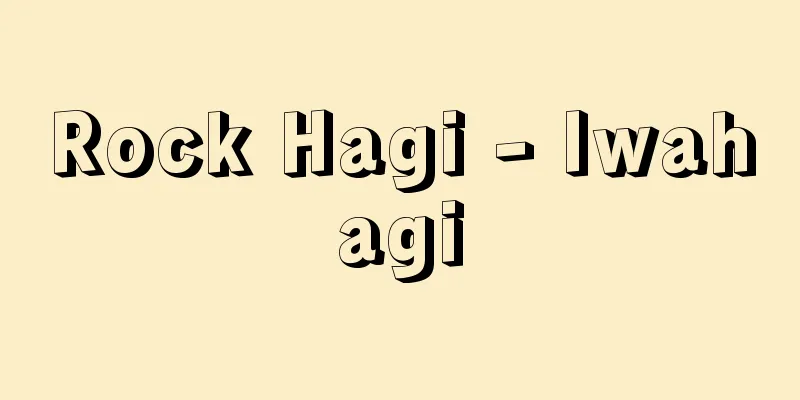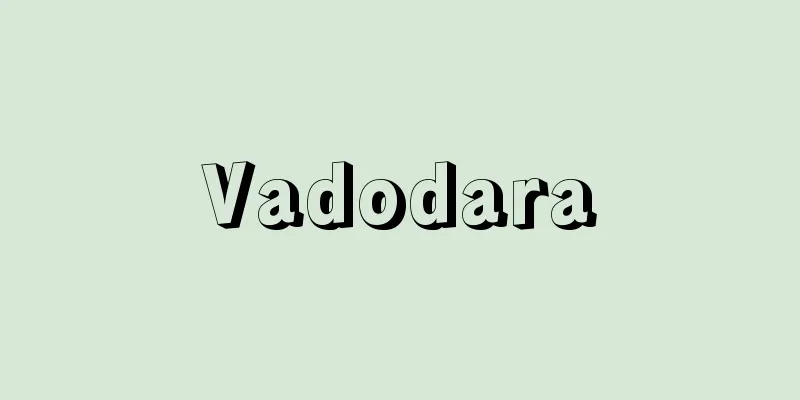Krupp AG
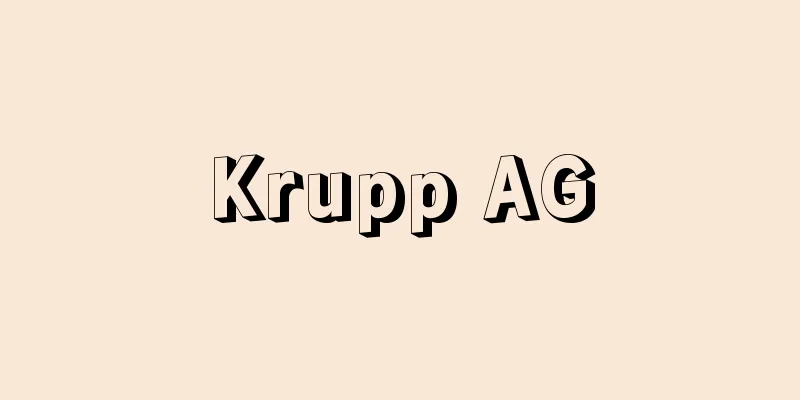
A German heavy industry company. It began in 1811 when Friedrich Krupp built a steel foundry in Essen, and grew into a major conglomerate under his son Alfred. In particular, Krupp began producing weapons in the 1840s, making huge profits by selling them to the great powers that were expanding their military, and dominated German industry based on steel and coal in the Ruhr. With the establishment of the Nazi regime in 1933, Krupp actively cooperated with the government, playing a leading role in expanding the military, and was protected by the Nazi regime under the Krupp Law. After World War II, the company's leaders were charged with war crimes and the conglomerate was ordered to be dissolved, but it was rebuilt in 1953 and developed as a company in the Federal Republic of Germany (West Germany). Although the company withdrew from arms production, it actively pursued overseas policies, such as exporting plants to the Middle East, South America, the former Soviet Union, Eastern Europe, and even China. In 1967, the company was reported to have had financial difficulties, but recovered thanks to management modernization and government-guaranteed rescue loans. In 1968, the company was reorganized as a limited company to promote expansion. In 1974, it added Stahlwerke Sudvestfalen, a major domestic steel manufacturer, to its group, and in 1975, it established Iran-Krupp Investments in Switzerland with joint investment from the Iranian national steel company, and promoted global investment activities. Its main businesses were steel, plants, shipbuilding, mechanical engineering, and trade and services. In addition to selling the group's products, the trade and services division also operated chain stores, department stores, and restaurants. In 1999, it merged with rival Thyssen to become ThyssenKrupp. (→The Krupp family) Krupp |
ドイツの重工業企業。1811年にフリードリヒ・クルップがエッセンに鋳鋼工場を建てたのが始まりで,その息子アルフレートのもとで一大コンツェルンに成長した。ことに 1840年代から兵器生産に乗り出し,軍備拡張を進める列強諸国に販売して巨利をあげ,ルールの鉄鋼,石炭を基礎にドイツ産業界に君臨した。1933年ナチス政権成立とともに積極的に協力,軍備拡大の主翼を担い,ナチス政権からも「クルップ法」によって保護された。第2次世界大戦後首脳部は戦争犯罪の罪を問われ,コンツェルンの解体が宣告されたが,1953年再建され,ドイツ連邦共和国(西ドイツ)の企業として発展した。兵器生産からは離脱したが,中近東,南アメリカ,旧ソビエト連邦,東ヨーロッパ,さらに中国にまでプラント輸出を進めるなど海外政策も積極的に展開,1967年に一時経営難が伝えられたが,経営の近代化と政府保証の救済融資により立ち直った。1968年拡大策を推進するため有限会社に改組。1974年国内大手鉄鋼メーカーのシュタールベルケ・シュドベストファーレンを傘下に加え,さらに 1975年イランの国有鉄鋼会社と共同出資によるイラン=クルップ・インベストメントをスイスに設立,世界的な投資活動を進めた。おもな事業は鉄鋼,プラント,造船,機械エンジニアリング,貿易・サービス。貿易・サービス部門はグループ製品販売のほかチェーンストア,デパート,レストランなども経営した。1999年,競合のティッセンと合併してティッセンクルップとなった。(→クルップ家)
クルップ
|
Recommend
currency lad
In the early New South Wales settlements, the con...
The principle of the impossibility of perpetual motion
...However, the search for perpetual motion machi...
"Red Carnation"
...From 1929, he worked as an editor for the anti...
Aruba - Aruba
…It consists of two groups of six islands: the A,...
Kanyud, R.
...Following this, German theater scholar B. Dieb...
LCVP - LCVP
...(a) A craft that beaches and lowers a diagonal...
Scaevola, Quintus Mucius
[raw]? [Died] 82 B.C. Roman jurist and politician....
Firm banking
…However, since it does not have a settlement fun...
Malbork - Malbork (English spelling)
A city in the Pomeranian Voivodeship in northern ...
Kasadomaru Group
...Furthermore, in 1924, the United States enacte...
Gang age
A phenomenon is observed mainly in the middle to l...
Baekje River - Kudara no Kawanari
Year of death: 853.9.30 (Jinju 3.8.24) Year of bir...
Hypothesis - hypothesis (English spelling)
In scientific research, a proposition (or part of...
Dart & Kraft, Inc.
An American company established in September 1980 ...
Black book/Blue book
A type of early kusazoshi published in Edo. It app...



